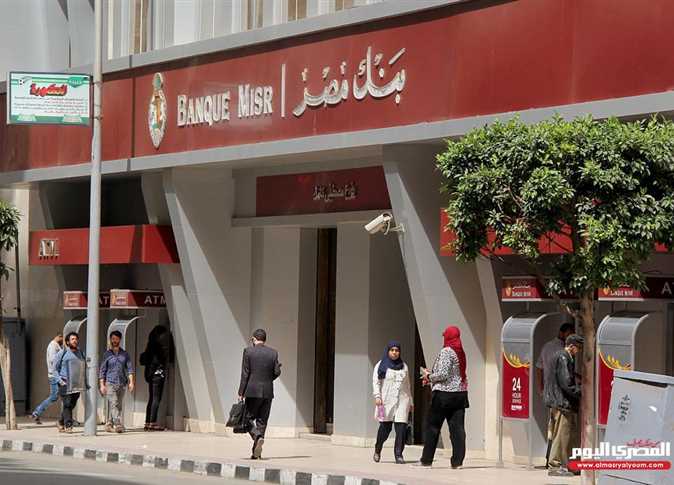
The term for the high-yield certificates of deposits from the National Bank of Egypt and Banque Misr offered this January will expire on January 2024 at an interest rate of 22.5 percent for a monthly exchange period and 25 percent at the end of the specified period of one year only.
The two banks collected proceeds from these CDs of around LE460 billion.
By adding the return, the value of the liquidity expected to be released may reach about LE575 billion.
Owners are interested in the best ways to employ them, and whether public banks will tend to offer CDs with higher returns in retaining this money.
They also wonder if they will satisfied with their current savings pots, some of which offer a variable return of up to 22 percent.
Experts weigh in
Banking expert Maged Fahmy, also the former head of the Industrial Development Bank, said that the Central Bank of Egypt (CBE) may direct banks to offer savings pools similar to high-yield certificates whose maturity date is approaching in January.
He explained that this measure would limit liquidity in the market to control inflation rates, in addition to compensating savers for the decline in the purchasing power of the currency.
“We may see an increase in the rates of return on triple certificates during the coming period,” he added.
Another banking expert, Mohamed Abdel-Al, said that “Issuing new certificates at very special prices, equal to or greater than certificates with a 25 percent return, may not be a positive thing or desirable to repeat in light of the current circumstances for several reasons.”
Abdel-Al attributed these reasons to the fact that raising interest rates will not benefit the national economy, banks, or individuals, and will not help monetary policy target inflation.
Raising the interest on certificates may require banks to raise the financing or lending interest to producers, he said, which prompts them to pass on the cost of the increase to the consumer, meaning higher prices and thus more inflationary pressures.
He added that raising interest will also increase the negative interest differential and reduce the real income of consumers, which will contribute to a relative decline in foreign and domestic direct investment alongside the cost of financing rises above the expected return.
This in turn leads to a contraction in production and investment, the economic growth rate and employment rate decline.
He added that raising the yield may push some investors and businessmen to liquidate their businesses, and prefer to direct them gradually to invest in certificates with high returns that are free of taxes and risks.
The banking expert also noted that the policy of granting special interest rates by certain banks, in addition to carrying large financial burdens, leads to the emergence of an unwanted complication in the distribution of the deposit structure of the banking system, as a result of the migration of deposits from banks with lower returns to banks with superior returns.
He stressed on the importance of focusing on giving preferential priority to incentives to attract foreign exchange flows and deposits, alongside granting exceptional interest rates for dollar certificates and deposits, which may reach an uncompetitive level of at least 10 percent for dollar certificates for a period of one year and with a minimum of $10,000 per certificate.
Edited translation from Al-Masry Al-Youm




